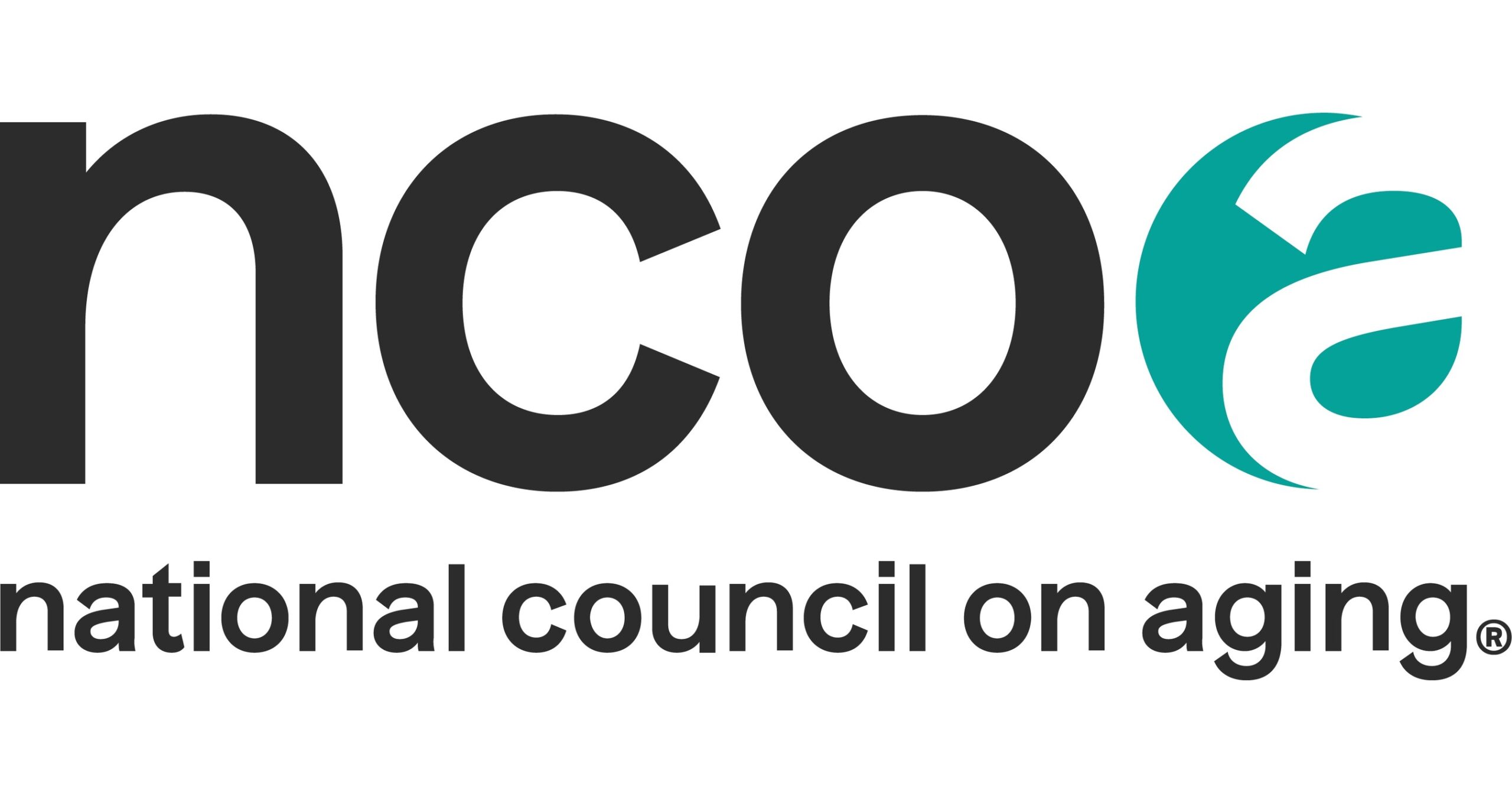Study: Poor sleep before surgery boosts risk of postoperative delirium

Editor's Note Poor sleep quality in the month leading up to surgery could increase the risk of postoperative delirium, according to research presented at the Anesthesiology 2024 annual meeting, hosted by the American Society of Anesthesiologists (ASA). An October 15 report in NewsWise has the details. According to the article,…
Data resource details causes, health implications of sleep deprivation

Editor's Note An advisory published March 7 by The National Council on Aging (NCOA) offers newly updated information details the impact of sleep deprivation on health as well as the causes and warning signs of the most common sleep disorders. According to the publication, 35.5% of American adults reported sleeping…
Effect of in-house call on surgeons’ sleep, burnout
Editor's Note This multi-center study, led by the University of Louisville, Louisville, Kentucky, examines the effect of in-house call on sleep patterns and burnout among acute care surgeons. Physiological and survey data of 224 acute care surgeons on in-house call were collected over a 6-month period and included in the…
Effect of workplace psychosocial resources on employees’ sleep disturbances
Editor's Note This study, led by Swedish, Danish, and Finnish researchers, examines the association of clustering and changes in workplace psychosocial resources (ie, leadership quality, procedural justice, culture of collaboration, and coworker social support) with sleep disturbances in workers. Sleep is essential for physiological restitution and recovery, and impaired sleep…
Acute effects of coffee consumption in adults
Editor's Note This prospective randomized trial by researchers at the University of California San Francisco examines the health effects of coffee consumption on cardiac ectopy and arrhythmias, daily step counts, sleep minutes, and serum glucose levels. A total of 100 adults were fitted with a continuously recording electrocardiogram device, a…
Short night-time sleep linked to peripheral artery disease
Editor's Note This study from Sweden finds that sleeping less than 5 hours a night is associated with an increased likelihood of developing peripheral artery disease (PAD), compared with sleeping 7 to 8 hours. The study included more than 650,000 participants and was conducted in two parts. The first analyzed…
Lessening the effects of daylight saving time change
Editor's Note Disrupted sleep rhythms because of the daylight saving time change can throw people off schedule, leading to cumulative sleep loss, the March 9 npr.org reports. Studies have shown there is a higher risk of strokes, heart attacks, high blood pressure, automobile accidents, workplace injuries, and mental health issues…

 Free Daily News
Free Daily News